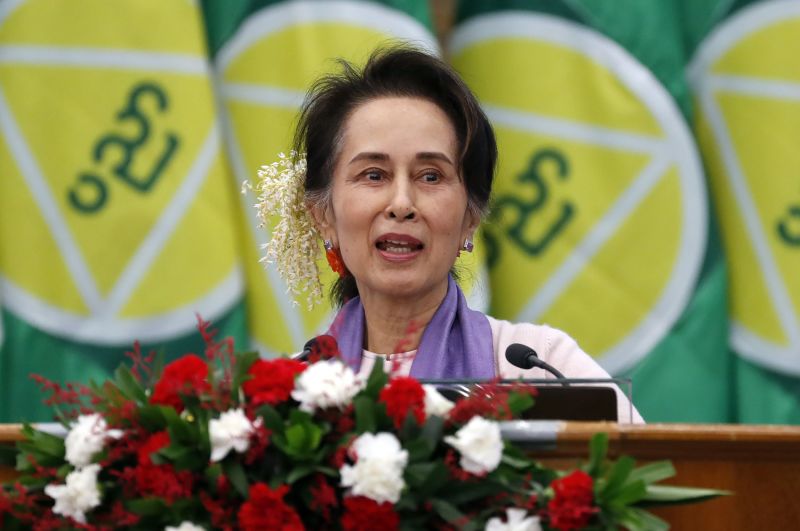
Breaking News: Myanmar’s Aung San Suu Kyi Now Under House Arrest!
Regarded as a beacon of democracy, Aung San Suu Kyi once held the unique position of a Nobel Peace Prize laureate standing against one of the world’s most repressive regimes. However, the political landscape in Myanmar has altered significantly with the recent turn of events. Marking a serious upheaval, Myanmar’s military detained Suu Kyi, and she, a leading political figure of Myanmar, was consequently moved to house arrest. This sudden move has sent shockwaves across the globe, raising concerns about the state of democracy in the Southeast Asian nation.
Myanmar has a long history of military rule, and Suu Kyi’s arrest marks a perilous reversal of the brief period of semi-democracy. Aung San Suu Kyi, as the daughter of the nation’s independence hero, General Aung San, remained an icon of resistance against military rule. In 1990, her party, the National League of Democracy (NLD), made a landmark victory in the national elections, but the ruling military junta declined to relinquish power. Over the subsequent two decades, Suu Kyi was under house arrest off and on, battling against human rights abuses and advocating for democracy in Myanmar.
In 2015, Myanmar experienced a peek of democratic sunlight when Suu Kyi led her party to victory and became the State Counsellor. Yet, despite her attempts at fostering democracy, she faced international criticism for her handling of the Rohingya crisis, acknowledging it could have been managed better. The golden halo around her started to fade, but regardless, she continued to command significant respect and support at home.
However, Suu Kyi’s current house arrest follows accusation by the military that the NLD’s recent victory in the November 2020 general elections was marred by widespread voting fraud – a claim that has been refuted by the Election commission.
House arrest, especially for a political figure like Suu Kyi, possesses deep implications. From a physical point of view, it’s limiting, restricting movement and personal freedoms. However, the psychological implications could be even more substantial – an isolation not just from the outside world but also from direct political discourse and the decision-making process of the nation. It is a strategic move by the military, an attempt to curtail her influence over Myanmar’s political affairs.
While the military have assured a fair and free election within a year, skeptics worry this could simply be a façade, an attempt to legitimize their power grab
